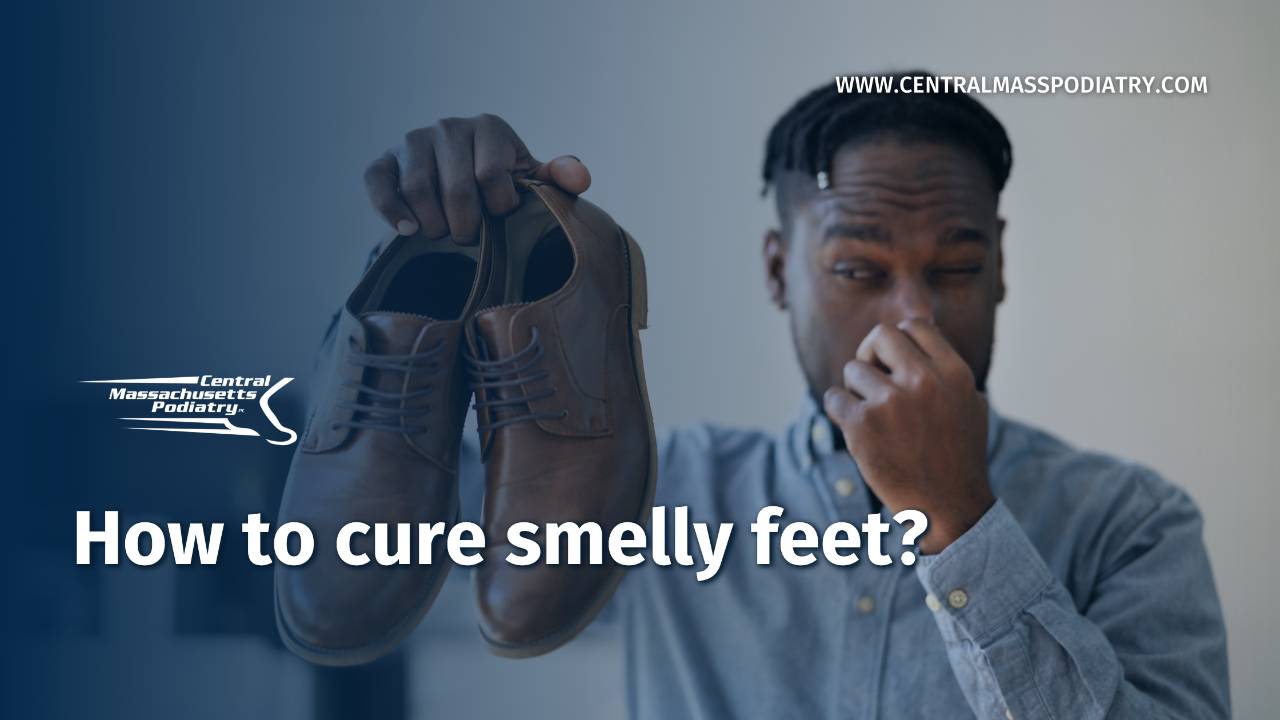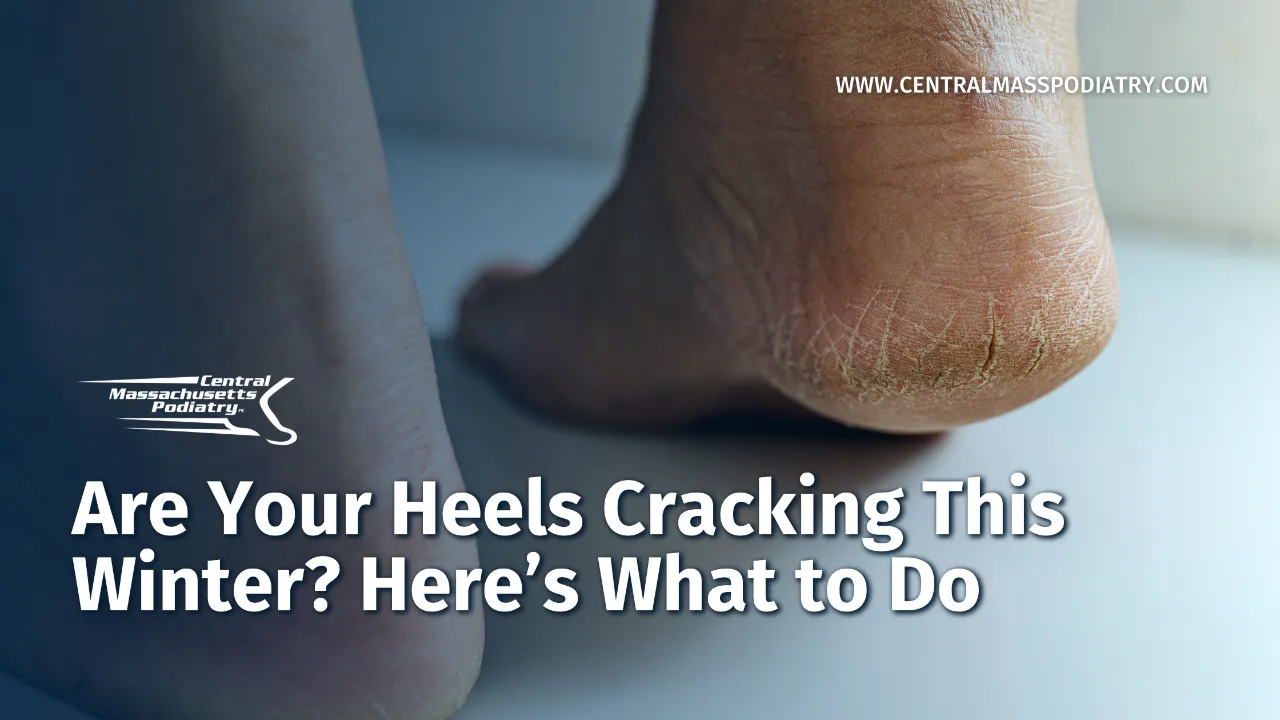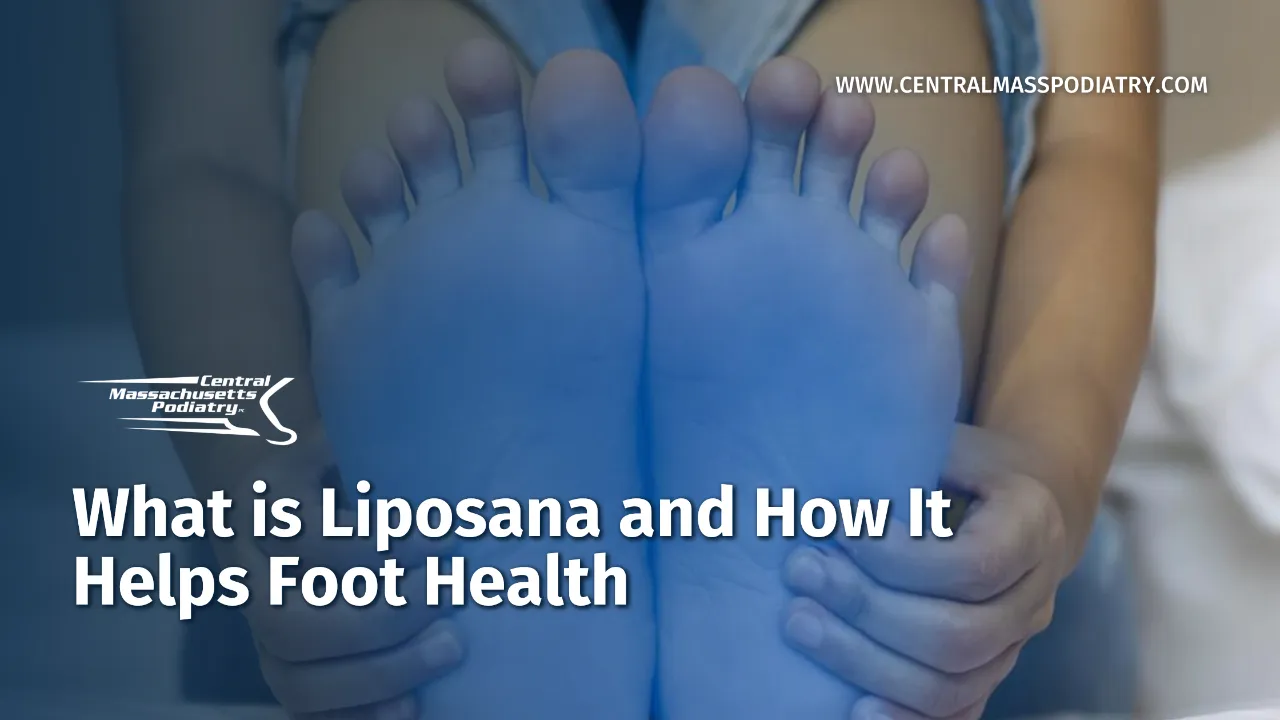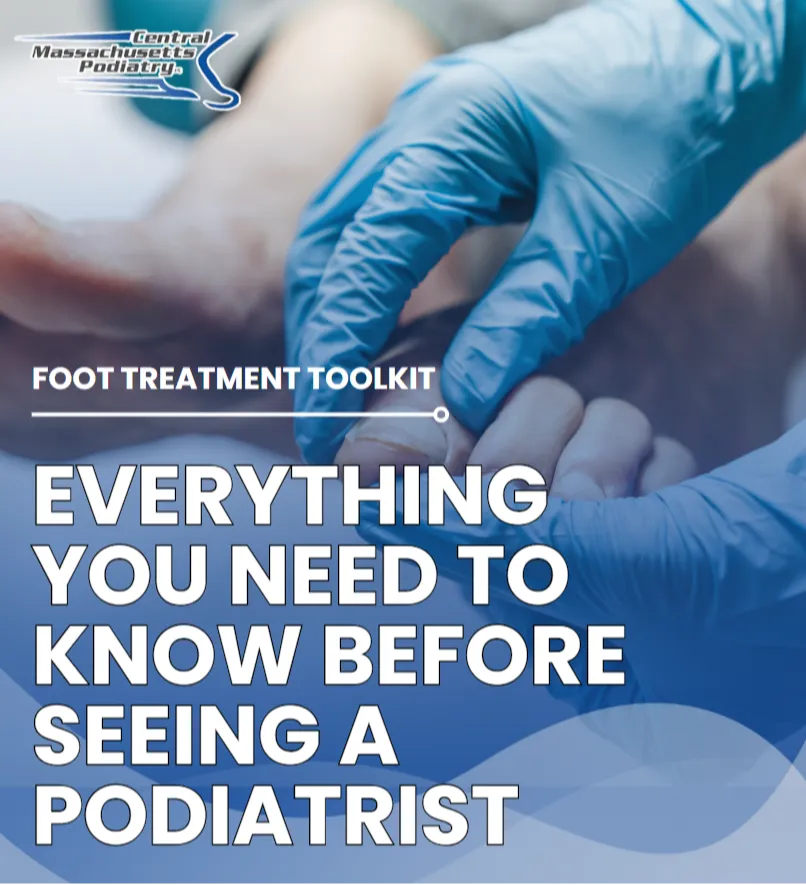How to keep your feet healthy and strong throughout life!

A really good question came across our social media feed recently; “Tell us how to best care for our feet as we, ahem, become mature!”
I LOVE this question, because the answer speaks to everything I believe in as a foot doctor! The answer is simple; USE THEM! Your feet, not your shoes as the song may have said, were made for walking. Most humans are born with feet which contain 28 bones, 4 layers of muscle, thick skin and plenty of padding to keep you walking for a lifetime, however long that lifetime lasts. Unfortunately, shoe wear throughout a lifetime often prevents those muscles, bones, ligaments and tendons from doing the job they were designed to do and further prevents them from growing strong with age.
Support, in the form of shoes and inserts, provides something external which takes away something internal; strength and resiliency. In today’s day and age, virtually everyone in the modern, westernized civilizations have grown up with, and continue to wear shoes. It is the social norm and shoes, despite my protests, are not going anywhere. Nor do they have to! Shoes can be very helpful, and in fact unfortunately necessary, for most of us who grew up with them. The good news is that there are ways to offset the weakening effect shoes have on our feet. Outlined below are my suggestions to help keep your feet healthy and strong throughout life.
- Stand more and sit less. Even if just for a few minutes at a time, you need to be on your feet to get them stronger.
- Go barefoot more, both around the house AND outside the house if safety permits.
- Walk! When you walk, it doesn’t have to be fast, it just must be done. You should also vary the terrains you walk on which will force the foot (and body) to adapt to a variety of surfaces, pitches, inclines, etc which will also help create better long-term balance.
- Wear shoes that fit! So many people buy the same shoe over and over again and are used to whatever fit they’ve worn year in and year out. Your feet will not only spread over time, they will spread if you ALLOW them to. I’d rather you be in a wider shoe that is slightly too big than a shoe that is too small. Always err on too big! Here’s a refresher for the Perception of shoe fit.
- Strengthen your toes, don’t ignore them. Toes make up about 20% of the length of the foot. If you have weak toes, then you are not using everything you need to keep your feet strong. Consider the short foot exercises shown here.
Those 5 principles are the best way to keep your feet strong through life. It doesn’t necessarily answer the question of Which shoes or do you Need support, but it all starts with giving the feet a chance to hold up over time.
My principle belief is that posture is the single most important facet of our physical wellbeing over time. With posture that is good, the effects of gravity on the body is minimized. When posture is poor, then gravity will impart a greater load on the body, and thus the feet. Then the question is; Can your feet withstand that load? The stronger, more resilient and more tolerant your feet have become over the years, the greater your chance of answering that question with a yes. If you are still struggling, then shoes and inserts CAN surely make a difference.
When it comes to shoes, I believe strongly in fit above all else. Shoes that are too narrow or taper towards the end will cause the toes to deform and stiffen. If you were to be a circus performer and walk on your hands, do you think you would squeeze the fingers together with snug fitting mittens to help you balance and keep you upright? Not a chance. If you are to walk on your hands you would spread your fingers wide as they provide strength and balance. Being 50% of the length of the hand, the fingers are more important than the toes, but keeping the toes spread AND engaged is imperative to long term foot health.
How about support? Do we really need support, and how do we go about giving that support? If you are someone who feels much better wearing shoes than not, then you probably would do better with a shoe that provides some stiffness and some postural correction through an elevated heel. Orthotics would be the best way to provide the proper support to a foot by controlling the root cause of a foot’s instability. Orthotics are not arch supports and there IS a difference between the off the shelf inserts and custom-made inserts.
If you would like to understand the role of orthotics in more detail, then click this link. Shoe manufacturers can claim anything they want, but shoes unfortunately cannot do what they promise to do in terms of correcting a pathology. Shoes can be comfortable or not, and THAT should be the reason to get a specific shoe. Your best bet with finding the correct shoe for you would be to go a store that measures your feet and has a selection that offers many sizing and shape options. To reiterate, proper shoes should:
1. Fit
2. Help posture
3. Not be too heavy
Realize, no one will age perfectly, with perfect feet or perfect bodies. We will all develop wear and breakdown and imperfections, but those imperfections and “arthritic” changes do NOT have to be painful nor problematic. The best advice I can give is to keep moving, and develop habits of an active lifestyle. When and if foot problems that interfere with your ability to be active develop, call Central Massachusetts Podiatry and let us help you get moving again.
Keep Moving! Neil Feldman, DPM
Follow Us on Facebook
Follow Us on Twitter
AUTHOR
Dr. Neil Feldman is a Podiatrist at Central Massachusetts Podiatry, in Worcester and Westborough. As an ultramarathoner, runner and triathlete, he loves to help his patients remain consistent with their regular activities, assist in getting patients back to health and dedicates himself to patients achieving their goal events and races from walking the Camino de Santiago, to a first 5k run, to Ironman to a 250 mile run…and yes, that’s a thing!!
Related Blogs

Can’t Walk Without Pain? When to Seek Same-Day Foot Care
Whether it’s from a long walk, a new pair of shoes, or simply…

5 Signs Your Foot Pain Needs Same-Day Attention (Not Ice & Rest)
When foot pain hits, the usual advice is to put ice on the…









